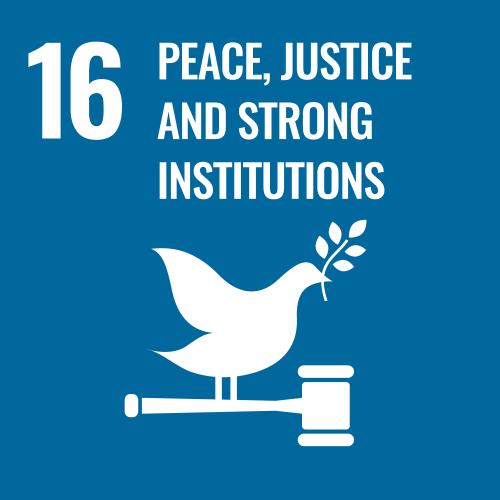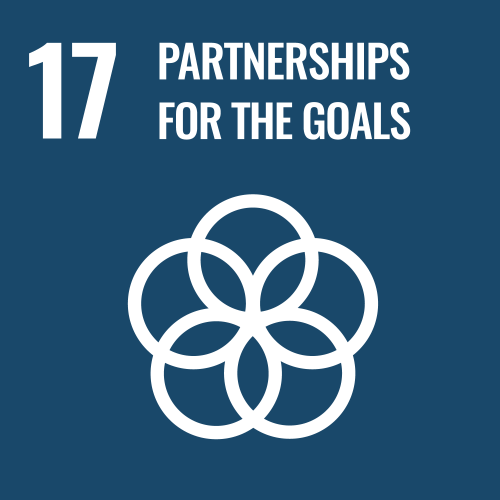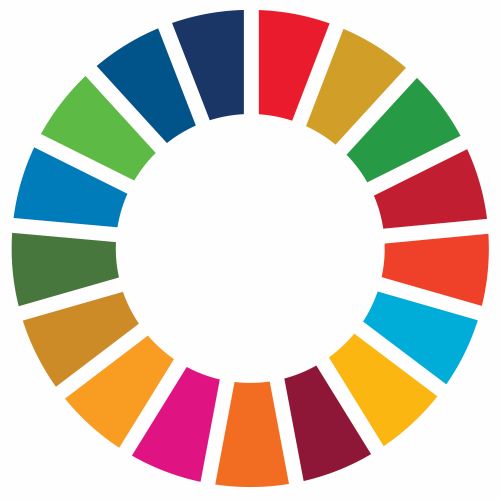
29/10/2025
How can science and technology be used to adapt crops to climate change? How can we ensure generational renewal in agriculture and attract younger people to the countryside? How can we turn the green agenda into an economic opportunity for women and thus narrow the inequality gap?
All of this was discussed last week in Madrid, Seville, Cadiz and Malaga by a delegation of 19 representatives from Caribbean ministries of agriculture and social protection and authorities and technical staff from Spanish institutions within the framework of the European Union’s EU-CaN Global Gateway project.
This study visit began at the INJUVE headquarters in Madrid, where its director, the Special Commissioner for the Social Economy and the deputy director of international relations and community affairs at the Ministry of Agriculture, Fisheries and Food (MAPA), the representative of the Organisation of Eastern Caribbean States (OECS) and the permanent secretary of the Ministry of Agriculture, Fisheries and Blue Economy of Antigua and Barbuda, accompanied by the director of FIAP, shared common challenges among the states in terms of incorporating young people and women into the primary sector, topics that were the focus of the two round table discussions. In the afternoon, they had the opportunity to visit the Vega Innova facilities in San Fernando de Henares, an agri-food innovation and entrepreneurship hub run by MAPA, where research is conducted into areas such as improving agricultural yields using artificial intelligence algorithms, smart beehives and livestock geolocation.
The following day was spent at the Ministry of Labour and Social Economy studying models and public policies for the social and solidarity economy in Spain.
In Andalusia, welcomed by technical staff from the Regional Ministry of Agriculture, Fisheries, Water and Rural Development of the Regional Government of Andalusia, the delegation visited the Institutes for Agricultural and Fisheries Research and Training (IFAPA) in Chipiona, Jerez and El Puerto de Santa María. They showed particular interest in circular economy projects involving seaweed (sargassum is one of the main threats to the Caribbean coast), aquaculture, aquaponics and localised irrigation in greenhouses.
Another highlight of the visit was the Trops cooperative model, which brings together more than 1,300 farmers from the Costa Tropical in the cultivation, processing and marketing of mangoes and avocados. The visit to the Town Hall of Moclinejo, with a raisin cultivation system declared by UNESCO as a Globally Important Agricultural Heritage System (GIAHS), provided an insight into the possibilities of combining agriculture and tourism. Agritourism is, in fact, an opportunity for convergence between the green agenda, food security and economic development.
This study visit is part of the Global Gateway investment and connectivity initiative, which builds international partnerships, including with the private sector, to strengthen economic and development ties with other countries through smart, clean and secure investments.
These investments in agricultural innovation and the social economy need to be supported by public policies and an institutional framework, which is the focus of FIAP’s technical cooperation work between institutions.
📸 Photo gallery:


